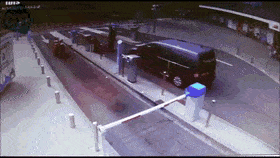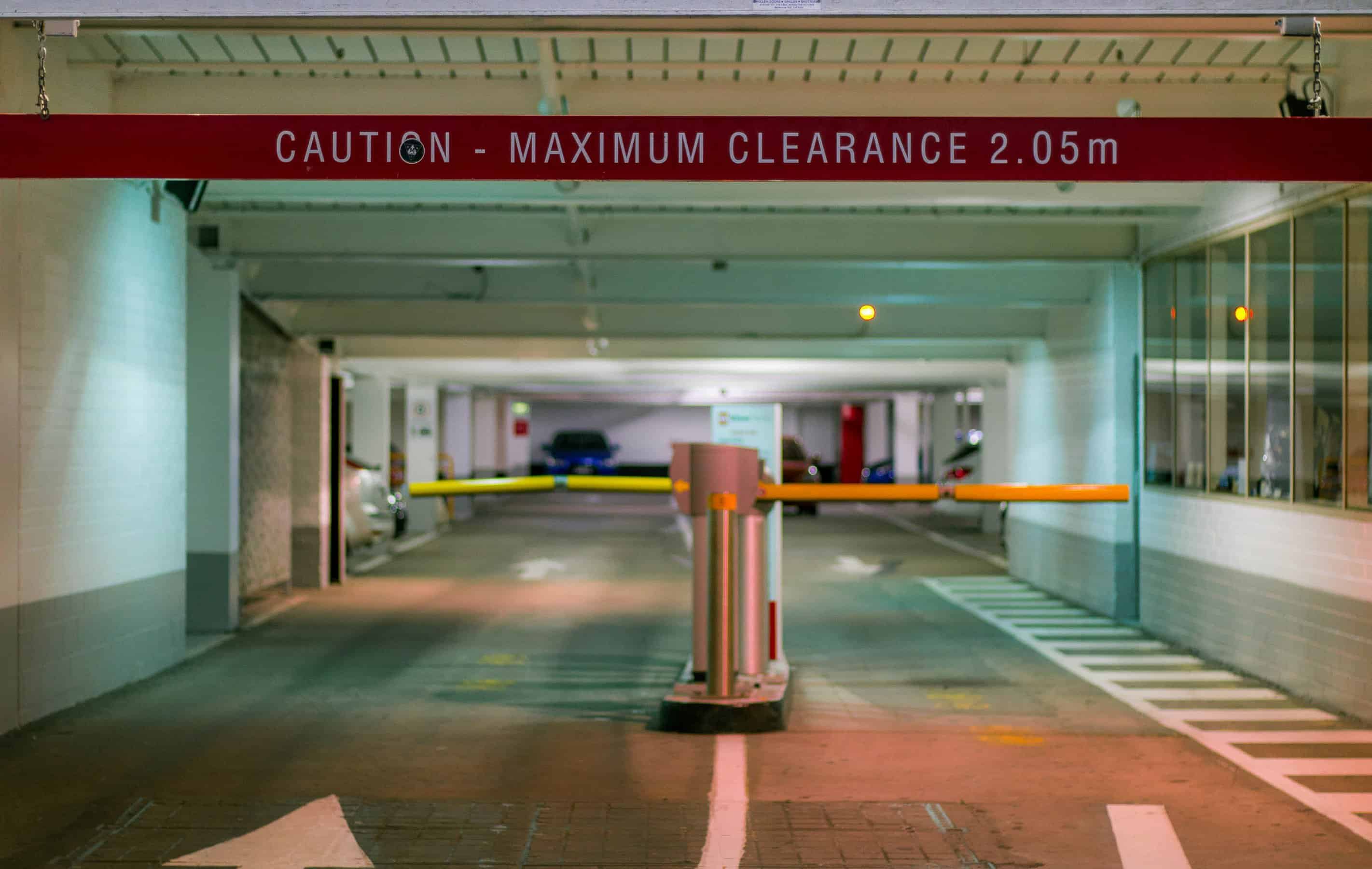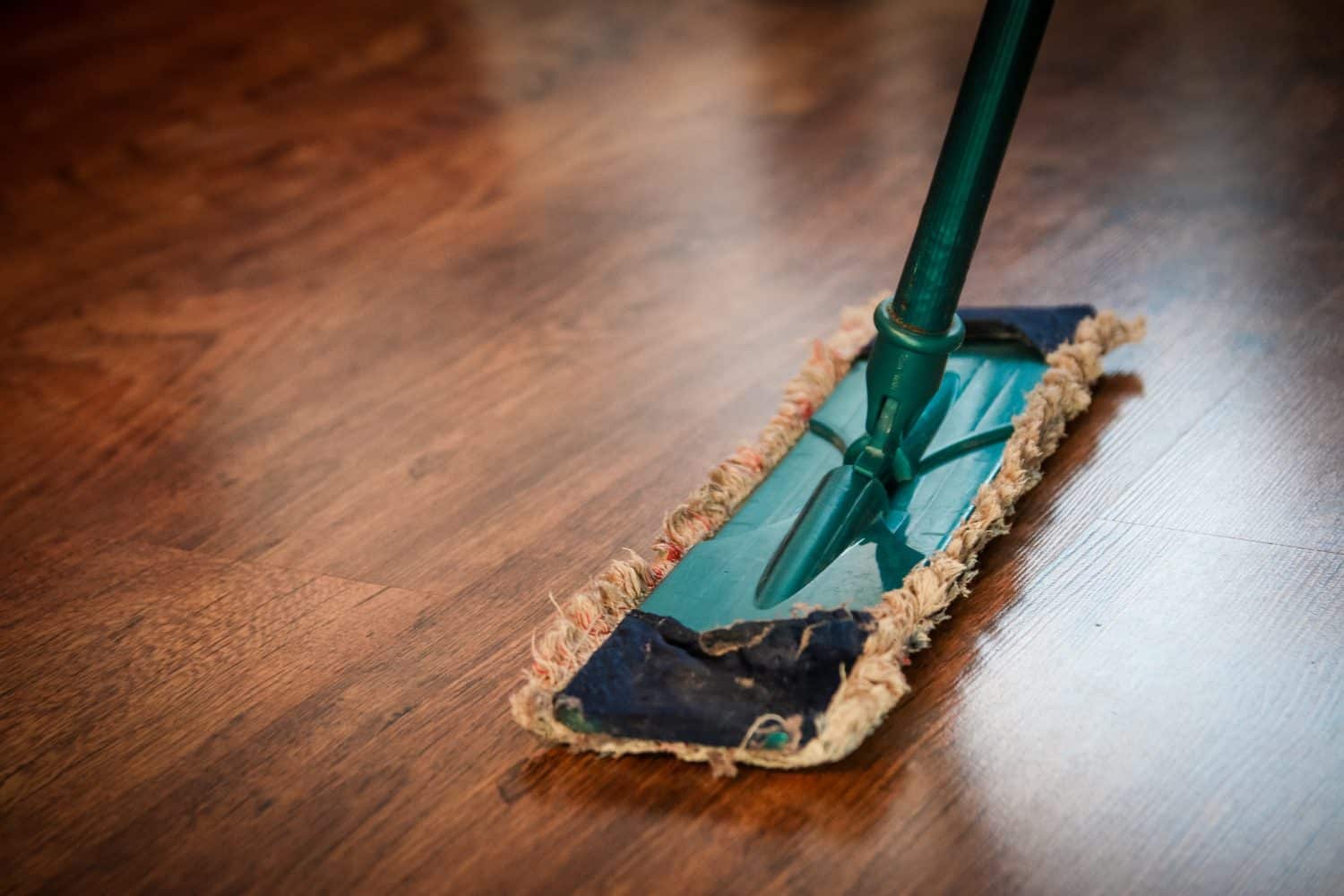Contxto – In pursuit of modernizing entry into buildings and condominiums, the Chilean startup Safecard is reportedly preparing to move its headquarters to the United States. With this, founders Alberto Rochet and Claudio Juliá are also bracing themselves for their first U.S. investment round.
In Summary
Rochet and Juliá founded Safecard in 2014 to improve home management and real estate. The original paint point was traffic outside of a condo in Marbella, Chile. Instead of using paper and pen to tally tenants entering and leaving, the startup developed a technological solution for visitors to easily enter properties using their smartphone. Essentially, the device itself becomes the key to enter.
Moving forward, Safecard wants to focus on international expansion. For this, Rochet and Juliá appointed U.S. resident Richard Soley as the new CEO. Soley just so happens to also be the president and CEO of Open Management Group, a multinational software company. As the chairman of the board, he will support the founders in penetrating the U.S. market.
Along those lines, Safecard intends to become a North American company to facilitate U.S. financing. Headquarters will reportedly move to the United States based on this development. Furthermore, the startup expects to partner with a Florida-based real estate company managing around 5,000 buildings.
In-Depth
Home or car owners specifically have the access key on their phone. This way, they can send virtual invitations via QR codes to the people they want to enter, even specifying the time and date of entry. The app also allows users to track who comes and goes.
For example, if gardener comes to work every Monday from 11 p.m. to 3 p.m., users can schedule them to have access around those specific times. Guests can also use numerical codes via text message if they don’t have a smartphone.
In the end, less honking and more efficiency means people can move about more freely. So far, Safecard is present in Chile and Florida. The app ensures fast and safe access to condominiums, businesses, apartment buildings, offices, schools, and parking lots. The patented scanner can also open car locks, according to reports.
Safecard invoiced around US$2 million in 2018 and expects to double the amount by the end of the year. Today, it is also present in over 120 buildings.
This development is a result of careful deliberation. At first, both Rochet and Juliá were torn about leaving their jobs to start their own company. Eventually, they managed to raise the first US$1 million in 2014. Soon enough, they even introduced their first prototype to a small community of no more than 5 people.
“We made mistakes with them,” said Juliá. “They paid for the broken dishes and we are very grateful for the trust they gave us. They could have liquidated us, but I think they did not because they saw something powerful.”
The success hasn’t come without any challenges. For example, Chile’s Corporation for the Promotion of Production (Corfo) declined to support the startup since the product wasn’t a “technological innovation.”
Another challenge involved financial losses of around US$1 million one year and US$300 thousand the next. It wasn’t until this year that Safecard stabilized, according to reports attributing staff salaries to be the largest expense. There are approximately 27 employees at the startup, most of whom are engineers.
On top of building innovation, the company wants to explore bankless automatic payment systems, such as QR codes. They reportedly began doing this already with a taxi fleet in Maipú, Chile.

-JA






